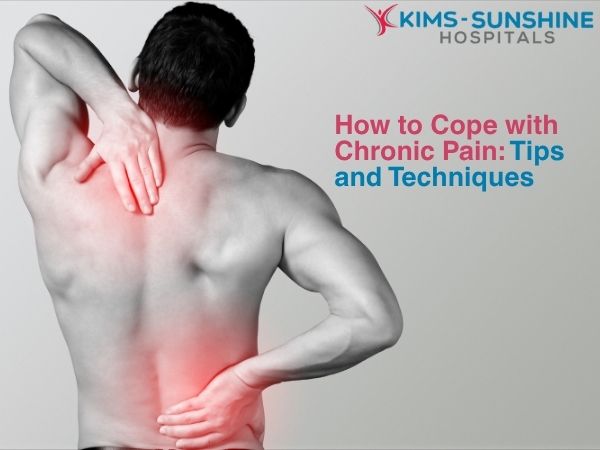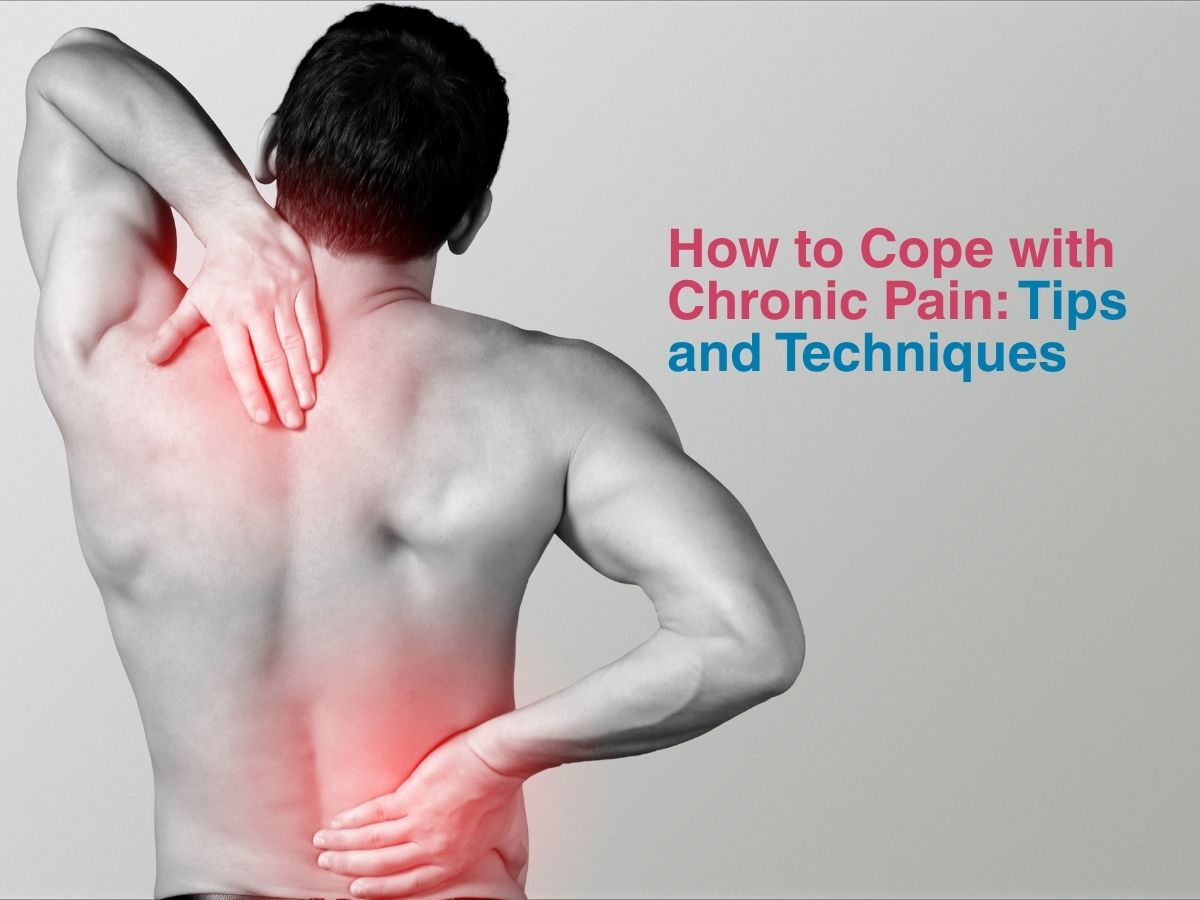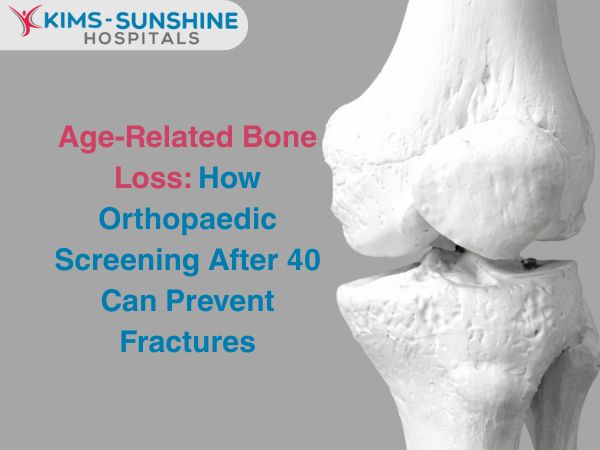
How to Cope with Chronic Pain: Tips and Techniques

The term ‘chronic’ is often used to describe any occurrence or event that begins at one point in time and then continues to affect a person for a long time afterwards. Pain is a sensation that your body uses to signal that there is something wrong with it. It can affect you for some time and it may go away with rest and some pain meds. But, what happens when you have pain that lasts for a long time, with no chance of finding any ways to end it effectively? When this happens and you have been in pain for longer than 3 months, doctors call it chronic pain and will look for ways to help you manage it.
How Chronic Pain Affects Mental Health And How To Manage It?
Chronic pain is any pain that tends to last for 3 months or longer. The degree of severity may vary from minor to severe and you may deal with different sensations- like burning, shooting, stiffness, stinging, throbbing or other kinds of pains in your body. When you have to deal with pain all the time, it can get majorly depressing and even cause anxiety in some cases. You will not be able to sleep well, leading to insomnia and this can cause mood swings and severe irritability. There are many different kinds of chronic pains too- muscle pain, neuropathy, inflammation due to autoimmune diseases like rheumatoid arthritis, lupus, shingles, psychogenic pain or even central sensitization (where you begin to notice an increase in pain due to gradually increasing sensitivity), etc. What’s more, some people may have more than one of these affecting them at the same time. Chronic pain has no cure, so it needs to be managed and this can become a major struggle for many individuals to deal with, on a daily basis and drain them physically and mentally.
Effective Techniques For Coping With Chronic Pain
There are different ways you can try to deal with chronic pain and one approach alone may not always work well. You will need to try a few of them out to understand which one is best for you.
- Getting enough exercise and stretching regularly. Doing some yoga will also help. Exercise can help relieve stiffness, improve range of motion and flexibility and even reduce pain in many cases.
- You can try occupational therapy or physical therapy- if you tend to work physically demanding jobs. The therapist amy teach you better techniques or ways to change the way you move, to help reduce pain.
- You can get regular body massages done. You can also meditate everyday for a while to regain equilibrium.
- Doctors may recommend that you get steroid injections or other such medications, to help you deal with pain.
- Surgery may also be suggested in some cases, though this is mostly as a last resort.
- You can use non-addictive painkillers like NSAIDs, muscle relaxants or opioids as and when needed.
But, before you choose what method to go with, see if you can learn more about the risks and advantages of each one, so that you understand it better and then know where to use what. Most treatments these days aim to help provide marginal relief and will not totally rid you of pain if they are used alone, but a combination of approaches may be more beneficial.
Best Practices For Managing Chronic Pain At Home
Some of the easiest ways you can manage chronic pain include learning how to breathe properly, getting some exercise everyday whenever possible, getting some talk therapy to deal with anxiety and depression or low moods associated with chronic pain, look for ways to set a proper sleep routine so you can get sleep and feel rest and go for cognitive behavioural therapy (CBT) which can help you cope better and teach you how to deal with chronic pain in a more sustainable manner.
Conclusion
Chronic pain is not only physically painful, but also takes a toll on your mental health. This is why people get addicted to drugs, feel depressed or even suicidal and are at a higher risk of developing dementia or alzheimer’s disease and other neurodegenerative disorders, respectively. You should talk to your doctor when your pain is severe enough to affect your daily quality of life or if it comes back with a vengeance even after treatment. It also makes sense to remember that there is no permanent cure for chronic pain and hence you will need to be patient and positive in the long run.






